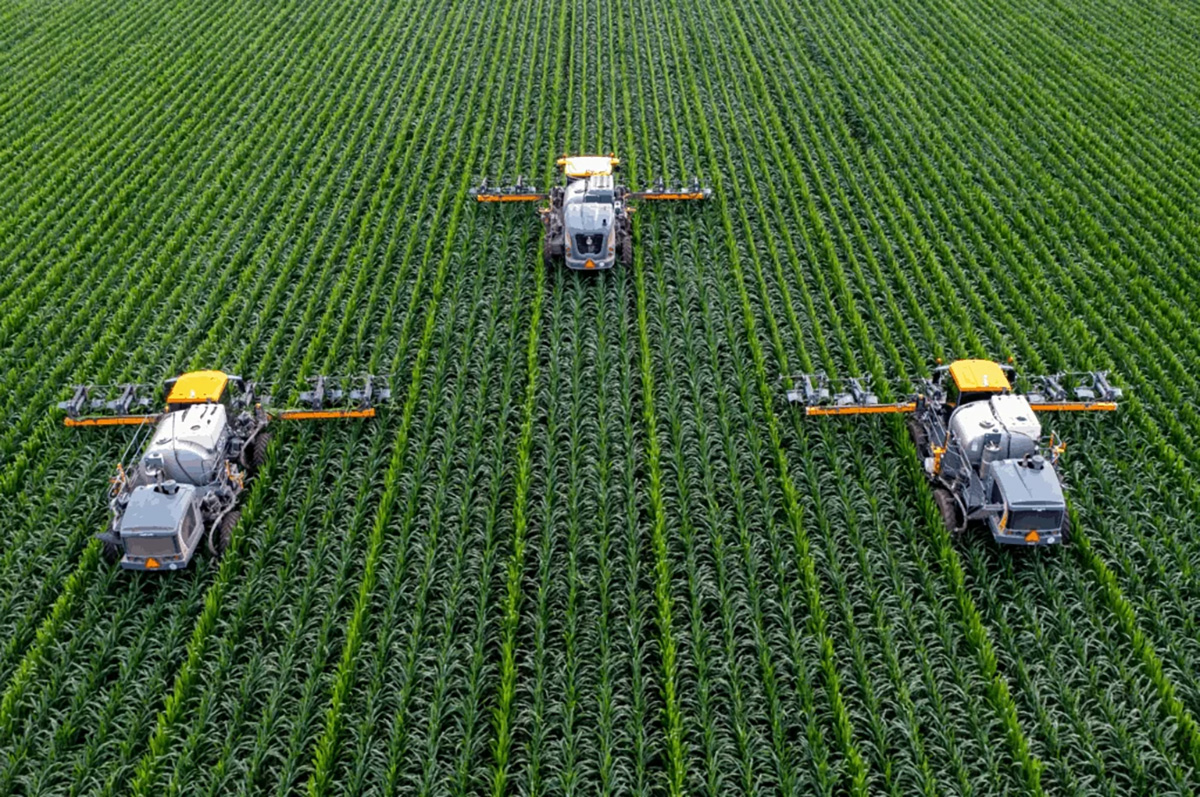In the face of climate change and environmental degradation, the agricultural sector is turning to improved resource management to enhance climate and environmental monitoring. Modern technologies and practices are enabling farmers to optimise resource use, mitigate environmental impact, and promote sustainable farming. This article explores the benefits of improved resource management for climate and environmental monitoring in agriculture.
Optimised Water Usage
Efficient water management is crucial in agriculture, especially in regions facing water scarcity. Improved resource management through smart irrigation systems ensures precise water application based on real-time soil moisture data and weather forecasts. These systems, often powered by IoT technology, help farmers avoid overwatering or underwatering, conserving water resources and maintaining optimal soil conditions for crop growth.
Enhanced Soil Health
Maintaining healthy soil is essential for sustainable agriculture. Modern resource management techniques involve the use of soil sensors to monitor moisture levels, temperature, pH, and nutrient content. By gathering real-time data, farmers can apply the right amount of fertilisers and amendments at the right time, preventing nutrient runoff and soil degradation. This targeted approach promotes soil health and enhances crop productivity.
Efficient Nutrient Management
Improved resource management includes precise nutrient management, which is vital for both crop health and environmental protection. Through the use of advanced sensors and data analytics, farmers can determine the exact nutrient needs of their crops. This allows for accurate fertiliser application, reducing excess use and minimising the risk of water pollution due to runoff. Efficient nutrient management supports sustainable farming practices and lowers costs.
Reduced Greenhouse Gas Emissions
Agriculture is a significant contributor to greenhouse gas emissions. Improved resource management can help mitigate this impact by optimising the use of inputs such as water, fertilisers, and pesticides. Precision farming techniques, enabled by modern connectivity, ensure that these inputs are used efficiently, reducing waste and emissions. Additionally, adopting conservation tillage and cover cropping can sequester carbon in the soil, further lowering the carbon footprint of farming operations.
Real-Time Environmental Monitoring
Modern resource management involves real-time environmental monitoring using connected devices and sensors. These technologies provide continuous data on weather conditions, soil health, and water quality. By monitoring these parameters in real-time, farmers can make informed decisions that minimise environmental impact. Early detection of adverse conditions allows for timely interventions, protecting both crops and the environment.
Sustainable Pest and Disease Control
Effective pest and disease management is critical for sustainable agriculture. Improved resource management includes the use of integrated pest management (IPM) strategies, which combine biological, cultural, and chemical control methods. By monitoring pest populations and environmental conditions, farmers can implement targeted interventions, reducing reliance on chemical pesticides. This approach protects beneficial insects, enhances biodiversity, and promotes a healthier ecosystem.
Conservation of Biodiversity
Biodiversity is vital for resilient agricultural ecosystems. Improved resource management supports biodiversity conservation by promoting practices such as crop rotation, intercropping, and the creation of wildlife habitats. These practices enhance ecosystem services, such as pollination and natural pest control, while maintaining soil health and water quality. Monitoring biodiversity through modern connectivity tools helps farmers assess the impact of their practices and make necessary adjustments.
Cost Savings and Economic Benefits
Improved resource management leads to significant cost savings for farmers. By optimising the use of inputs and reducing waste, farmers can lower their operational costs. Sustainable practices also open up new market opportunities, as consumers increasingly demand environmentally friendly products. Additionally, efficient resource management enhances productivity and crop quality, leading to higher revenues. The economic benefits of sustainable farming contribute to the overall resilience of the agricultural sector.
Regulatory Compliance and Certification
Agricultural practices are increasingly subject to environmental regulations aimed at protecting natural resources. Improved resource management helps farmers comply with these regulations by providing accurate data on resource use and environmental impact. This data supports certification processes, ensuring that farming practices meet regulatory standards and market requirements. Compliance with environmental regulations builds consumer trust and enhances market access.
Climate Resilience
Climate change poses significant challenges to agriculture, including unpredictable weather patterns and increased frequency of extreme events. Improved resource management enhances the resilience of farming operations to these challenges. By adopting sustainable practices and leveraging modern technologies, farmers can better adapt to changing conditions, protect their crops, and maintain productivity. Enhanced climate resilience ensures the long-term sustainability of agriculture.
Improved resource management is transforming climate and environmental monitoring in agriculture, providing numerous benefits for farmers and the environment. By optimising resource use, promoting sustainability, and enhancing resilience, modern resource management practices are paving the way for a more sustainable and prosperous future for agriculture.
#SustainableFarming #SmartAgriculture #ResourceManagement #AgriTech #ClimateSmartAg #SoilHealth #WaterConservation #Biodiversity #GreenFarming #FutureOfAgriculture
